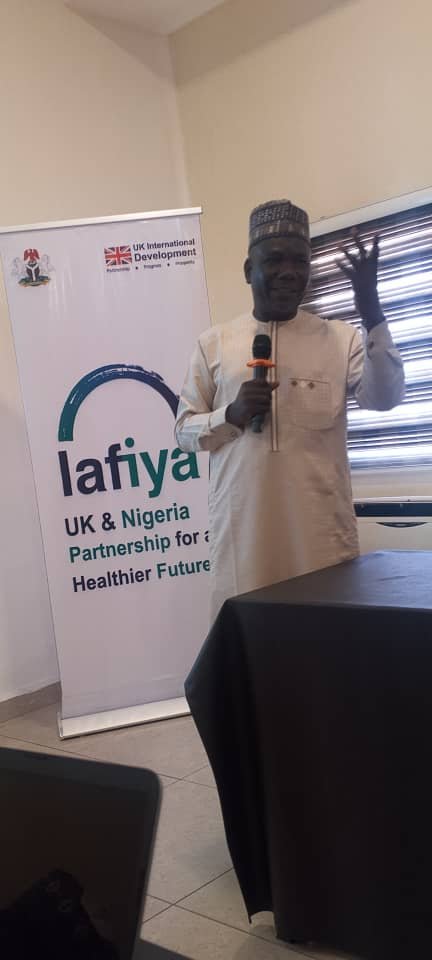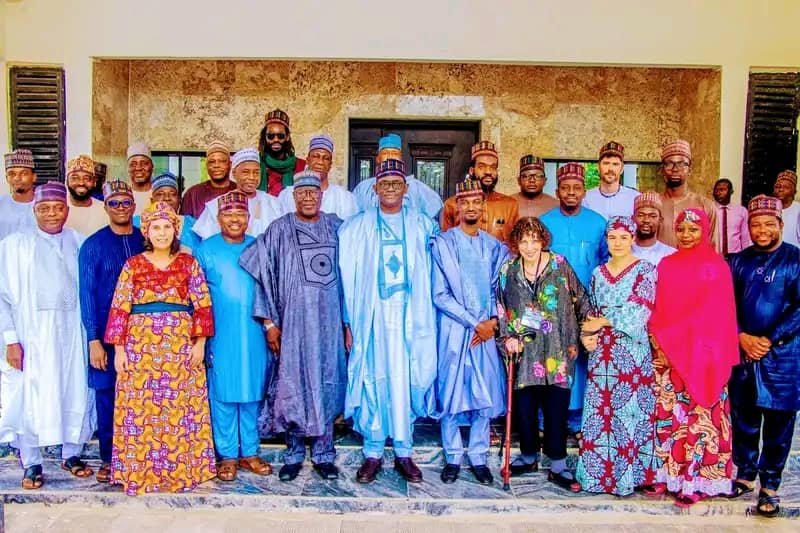Zulum shares 100 trucks of grains to displaced Ngala LG communities
By Muhammad Maitela, Damaturu
Borno State Governor, Babagana Umara Zulum has distributed 100 trucks of food items to residents of Ngala local government area displaced by a massive flood and cut off from the rest of the state.
Zulum who spent the night in Gamboru noted that the flood had led to food shortage in the area which has been cut off from the rest of the state for four months.
The grains, which include maize, sorghum and millet were donated by the Federal Government, and was distributed to households prioritising the most vulnerable.
“This morning, we flagged off the distribution of 100 trucks of assorted grain to communities in Ngala local government.”
“This town was completely cut off from the rest of the country for about four months due to heavy rainfall and flooding. The movement of food items to Ngala has been cut off. This informed our visit today to provide relief to cushion the hardships faced by the people,” he added.
Zulum commended President Bola Ahmed Tinubu and all relevant federal government agencies for supporting the state government in providing needed support to the victims.
“All of the food items we shared today were donated to us by President Bola Ahmed Tinubu. The President has given us 100 trucks of assorted grains, including maize, millet and sorghum. In addition, the federal government has provided 100 trucks of rice for the victims of the Maiduguri flood disaster,” Zulum said.
The governor used the opportunity “to commend the federal government under the leadership of President Bola Ahmed Tinubu for supporting our people in their time of need.”
Governor Zulum explained that his administration is gradually discontinuing the distribution of food items, and instead, provide residents with irrigation facilities especially in resettled communities.
He said, “The state government has put in place medium and long term sustainable solutions that will ensure people cultivate their lands all year round. We are establishing many irrigation structures, particularly in Ngala local government.”





